当前位置:网站首页>Detailed explanation of C language P2 selection branch statement
Detailed explanation of C language P2 selection branch statement
2022-04-23 14:26:00 【KissKernel】
List of articles
Why does circular structure appear , Because life is repeating the same thing day after day , There are similar things , But I can't go back to the beginning anyway . If you want to make new discoveries in every moment of your life , I'm afraid it's just a beautiful vision .
Why does the selection structure appear , Because every day we as like as two peas do not go through the same way. , for example , If it rains today , You have to bring an umbrella .
1. Branch statement
1.1 if sentence
if Basic syntax of statements
if( Judging expressions )// Take branch expression with non-zero result , Otherwise, execute branch 2 ;
{
Branch one ;
}
{
Branch two ;
}
The above is the case of single branch , Of course if Statement can also implement multiple branches as follows :
if( expression )
{
Branch one ;
}
else if ( expression )
{
Branch two ;
}
else
{
Branch three ;
}
Of course, you can write more branches , But when there are many branches, we are used to it switch This statement will be introduced later .
Knowledge point 1: In the air else problem
#include <stdio.h>
int main()
{
int a = 0;
int b = 2;
if(a == 1)
if(b == 2)
printf("hehe\n");
else
printf("haha\n");
return 0;
}
What is the result of printing here ? The answer is “hehe”, So why not ?
there else Not with the first if combination ,else Only with the nearest if combination , This is hanging else problem .
Knowledge point 2:if and else It's actually a statement
The following procedure proves if and else It's actually a statement
#include<stdio.h>
int main()
{
int n=0;
scanf("%d",&n);
if(n>0)
if(n%2==0)
printf(" The number is even \n");
else
printf(" The number is odd \n");
else
printf(" The number you entered is not positive ");
return 0;
}
The above code is actually easy to misunderstand , Although there is indentation, it will make people misunderstand , Now let's improve ;
#include<stdio.h>
int main()
{
int n=0;
scanf("%d",&n);
if(n>0)
{
if(n%2==0)
{
printf(" The number is even \n");
}
else
{
printf(" The number is odd \n");
}
}
else
{
printf(" The number you entered is not positive ");
}
return 0;
}
In this way, it seems that it is much clearer , In fact, the results of the above two codes are the same , It also shows that , stay c In language if And matching else Taken together as a statement .
Knowledge point 3: Short circuit evaluation problem
In the process of writing branch statements, we will certainly write judgment statements , So short circuit evaluation means :
When using logical and operators, for example :
expression 1&& expression 2
If the expression 1 Your judgment is false , Then the result of the whole expression is false , expression 2 You won't judge again . Of course , It's OK to use it at ordinary times , however
When the expression 2 by st++; There will be problems when this kind of self increasing statement , Because I skipped the expression 2, So the expression 2 The value of will not increase by itself .
The same logic or operator is the same :
expression 1 | | expression 2
If the expression 1 Judge as true , So the expression 2 You won't judge ;
1.2 switch sentence
switch Basic syntax of statements
#include<stdio.h>
int ch=0;
scanf("%d",&ch);
switch(ch)
{
case 1:
printf("hellow world");
break;
case 2:
printf("hellow world");
break;
case 3:
printf("hellow world");
break;
......
}
among ch Must be an integer constant expression ,case The following must be constants ;
switch in break The role of
There is no break Of switch Statements do not implement multiple branches , Because when ch=1 The program jumps to case 1; Execute the following statement at this tag , encounter break, Jump out of switch sentence , If it were not so break Then continue case 2; Below the label , This is it. break The role of .
switch In the sentence default The role of
Let's write the above program completely :
#include<stdio.h>
int ch=0;
scanf("%d",&ch);
switch(ch)
{
case 1:
printf("hellow world");
break;
case 2:
printf("hellow world");
break;
case 3:
printf("hellow world");
break;
default :
printf("input is error\n");
break;
}
If we give ch Input 8, There is no case 8: This tag , Will execute default The code under the statement ;default Can be placed in switch Anywhere in the statement , It's best to put it at the end .
We have finished the above switch Statement and if When to use if When to use switch Well ?
In general , We go through Single expression When controlling program branching , Use switch The effect of the statement is better than if The effect of the statement is better .
2. Loop statement
2.1 while sentence
Let me introduce while Basic syntax , Let's take a look at an example ,
Enter an integer value , Value every number it decrements to zero .
#include<stdio.h>
int main()
{
int n=0;
scanf("%d",&n);
while(n>=0)
{
printf("%d",n);
n--;
}
return 0;
}
This is a very simple while loop , stay while Inside the curly braces is the loop body , After one execution, go up and judge n>=0 If set up , Continue to cycle , until n Less than 0;
Knowledge point 1:while In the loop break
#include<stdio.h>
int main()
{
int n=0;
scanf("%d",&n);
while(n>=0)
{
printf("%d",n);
n--;
if(2==n)
{
break;
}
}
return 0;
}
I modified the above code , If n be equal to 2 When you do it break This will jump directly out of the loop , therefore break The function of is to jump out of while( Pay attention to if while nesting ,break You can only jump one level )
Knowledge point 2:while Medium continue
A new keyword appears here ,continue, The old rule is to look at the code :
#include<stdio.h>
int main()
{
int n=0;
scanf("%d",&n);
while(n>=0)
{
printf("%d",n);
if(2==n)
{
continue;
}
n--;
}
return 0;
}
You can stop and think about the execution result of this code
If we type 5, So it prints 5 4 3 2 2 2 2 2······ Then it's a dead cycle , So here continue Is that , End this cycle and jump directly to the judgment part , That is to skip continue Later code , Because the adjustment part is skipped, it causes an endless loop , When actually writing code, you should pay attention to .
2.2 do while sentence
do while, seeing the name of a thing one thinks of its function , Come up and do it first , Anyway, let's start with a cycle , And then judge , If the conditions are met, continue , If you are not satisfied, it will end .
Look at the chestnuts first , Enter an integer to show whether it is odd or even , Then repeat .
Code up !
#include<stdio.h>
int main()
{
int retry=0;
do
{
int n=0;
printf(" Please enter an integer :");
scanf("%d",&n);
if(n%2==0)
{
printf(" even numbers \n");
}
else
{
printf(" Odd number \n");
}
printf(" repeat :yes\1 no\0:);
scanf("%d",&retry);
}while(retry);
return 0;
}
As above, execute it first , Then determine whether to continue to repeat . Others and while Similar, I won't repeat much .
2.3 for sentence
for Sentence syntax
Write a program output 0-12 Number between
Go straight to the code
#include<stdio.h>
int main()
{
int n=0;
for(n=0;n<=12;n++)
{
printf("%d ",n);
}
return 0;
}
Above is for Basic syntax ,n=0; For initialization statements ,n<=12 Is the judgment statement ,n++ To adjust the statement .
Knowledge point 1:for Statement break
Like while The cycle is the same ,for Inside the loop break Will jump out of the loop ;
Knowledge point 2:for Statement continue
Although the role and while Medium continue It's the same, but ,for In the loop continue, It doesn't jump directly to the judgment part of the program , Instead, it jumps to the adjustment part of the program , So subroutines don't appear like ,while The dead cycle in .
Knowledge point 3:for A variation of the cycle
stay for In circulation () The three expressions in can be omitted , If the second expression is omitted, that is, the judgment expression , That would be a dead circle , It is not recommended to omit
Attention should be paid to the use of circular statements , Try not to modify the control quantity of the loop inside the loop , Prevent circulation from getting out of control .
3.goto sentence
About goto, The following passage is me copy Of , Let's just have a look and understand ,goto It's easy to use
C The language provides a language that can be abused at will goto Statement and mark the label of jump .
In theory, goto Statements are not necessary , In practice, there is no goto Statements can also easily write code .
But on some occasions goto Statements are still useful , The most common use is to terminate the processing of structures nested in some depth
cheng .
for example : Jump out of two or more loops at a time .
Multilayer loops are used in this case break You can't achieve your goal . It can only exit from the innermost loop to the upper loop .
Code demonstration :
for(...)
for(...)
{
for(...)
{
if(disaster)
goto error;
}
}
…
error:
if(disaster)
// Handling error situations
This is it. goto The most common scene , Jump out of multiple nested loops , You can save writing multiple break;
4. Exercises
practice 1
Write code , Demonstrate the movement of multiple characters from both ends , Converging in the middle
#include<stdio.h>
#include<string.h>
#include<Windows.h>
int main()
{
char arr[] = {
"***************" };
char brr[] = {
"hellow world!!!" };
int sz = strlen(arr);
int left = 0;
int right = sz - 1;
while (left <= right)
{
arr[left] = brr[left];
arr[right] = brr[right];
right--;
left++;
printf("%s\n", arr);
Sleep(1000);
system("cls");
}
printf("%s\n", arr);
return 0;
}
practice 2
Dichotomy search ( Here is the simplest binary search , The details will be introduced later )
#include<stdio.h>
int main()
{
int arr[] = {
1,2,3,4,5,6,7,8,9,10 };
int findnum = 8;
int left = 0;
int right = sizeof(arr) / sizeof(arr[0]);
while (left <= right)
{
int mid = left + (right - left) / 2;
if (arr[mid] < findnum)
{
left = mid + 1;
}
else if (arr[mid] > findnum)
{
right = mid - 1;
}
else
{
printf(" eureka , Subscript to be %d ", mid);
break;
}
}
return 0;
}
practice 3
Guess the number game
#include<stdio.h>
#include<time.h>
void menu()
{
printf("***********************\n");
printf("****** 1 play ******\n");
printf("****** 0 exit ******\n");
printf("***********************\n");
}
void play()
{
int ret = rand()%100;
while (1)
{
printf(" Please start guessing numbers !\n");
int sc = 0;
scanf("%d", &sc);
if (sc < ret)
{
printf(" Guess a little \n");
}
else if (sc > ret)
{
printf(" Guess the \n");
}
else
{
printf(" congratulations , Guessed it !!!\n");
break;
}
}
}
int main()
{
srand((unsigned int)time(NULL));
int input = 0;
do
{
menu();
scanf("%d", &input);
if (input == 1)
{
play();
}
} while (input);
return 0;
}
practice 4
Shut down the applet , use goto Statements for
#include<stdio.h>
#include<stdlib.h>
#include<string.h>
int main()
{
char arr[10] = {
0 };
system("shutdown -s -t 60");
again:
printf(" Please enter that I am a pig , Otherwise your computer will be 60s Internal shutdown \n");
printf(" Please enter :");
scanf("%s", &arr);
if (0==strcmp(arr," I am a pig "))
{
printf(" Cancel shutdown \n");
system("shutdown -a");
}
else
{
goto again;
}
return 0;
}
版权声明
本文为[KissKernel]所创,转载请带上原文链接,感谢
https://yzsam.com/2022/04/202204231412251851.html
边栏推荐
猜你喜欢

Detailed explanation of SAR command

OpenFaaS实战之四:模板操作(template)

man man随记和crontab的@reboot用法
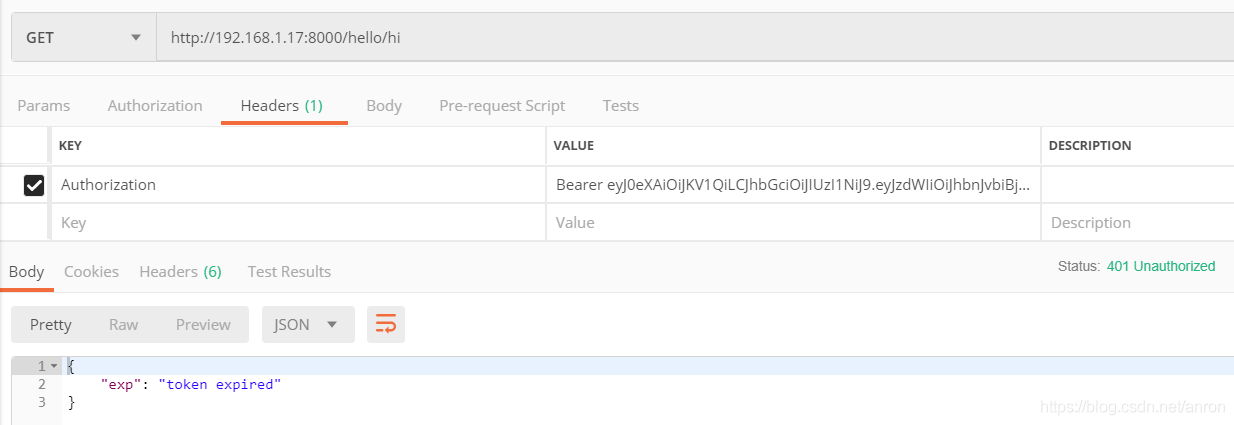
API gateway / API gateway (IV) - use of Kong - Integrated JWT and fuse plug-in
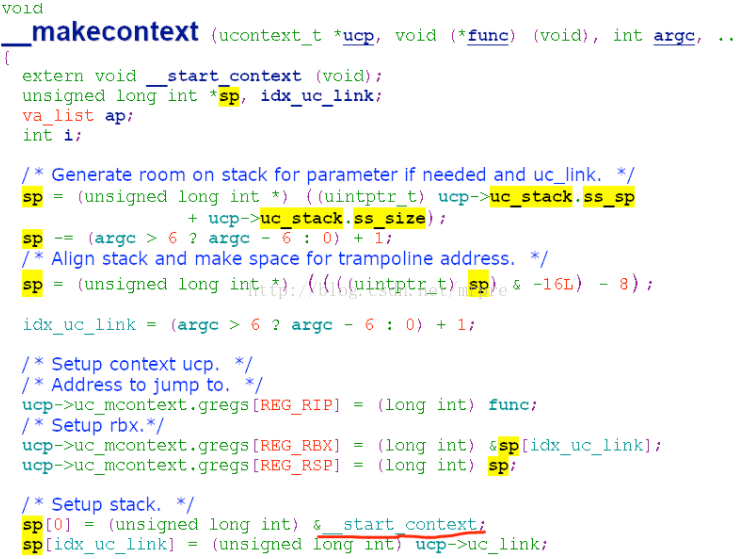
setcontext getcontext makecontext swapcontext

TLC5615 based multi-channel adjustable CNC DC regulated power supply, 51 single chip microcomputer, including proteus simulation and C code
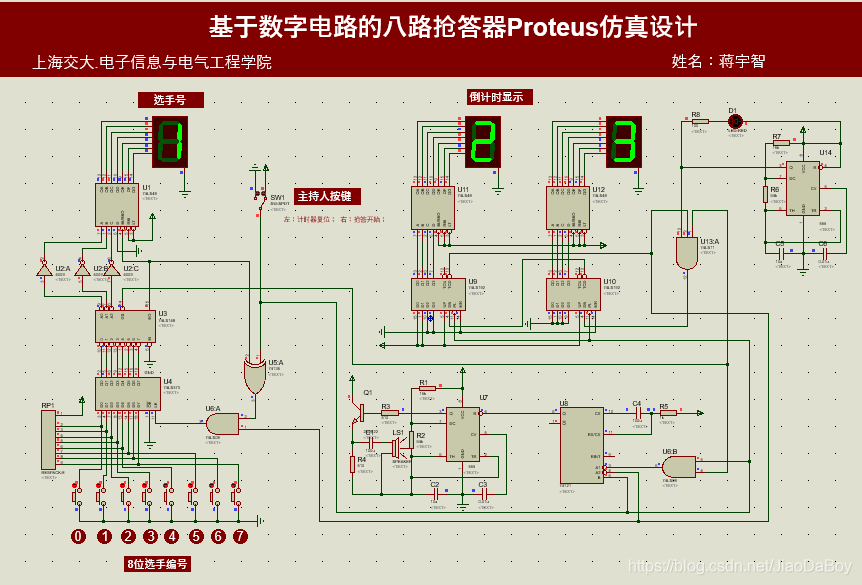
555定时器+74系列芯片搭建八路抢答器,30s倒计时,附Proteus仿真等
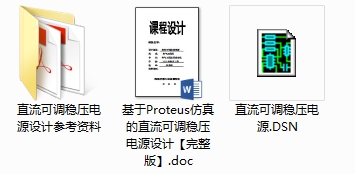
直流可调稳压电源的Proteus仿真设计(附仿真+论文等资料)
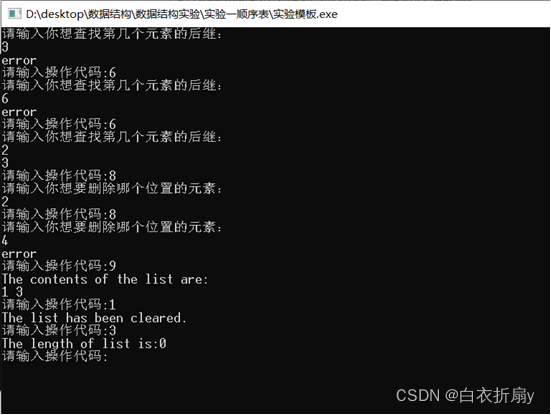
顺序表的操作,你真的学会了吗?

Man man notes and @ reboot usage of crontab
随机推荐
Qt界面优化:鼠标双击特效
API Gateway/API 网关(二) - Kong的使用 - 负载均衡Loadbalance
Gif to still image processing
四层和八层电梯控制系统Proteus仿真设计,51单片机,附仿真和Keil C代码
MQ-2和DS18B20的火灾温度-烟雾报警系统设计,51单片机,附仿真、C代码、原理图和PCB等
Upgrade of openssh and modification of version number
数组模拟队列进阶版本——环形队列(真正意义上的排队)
基于TLC5615的多路可调数控直流稳压电源,51单片机,含Proteus仿真和C代码等
Wechat applet rotation map swiper
Matlab Simulink modeling and design of single-phase AC-AC frequency converter, with MATLAB simulation, PPT and papers
翻牌效果
基于单片机的DS18B20的数字温度监控报警系统设计【LCD1602显示+Proteus仿真+C程序+论文+按键设置等】
JumpServer
字节面试编程题:最小的K个数
分分钟掌握---三目运算符(三元运算符)
js 格式化时间
Detailed explanation of SAR command
解决ssh配置文件优化以及连接慢的问题
source insight via samba
Qt实战:云曦聊天室篇